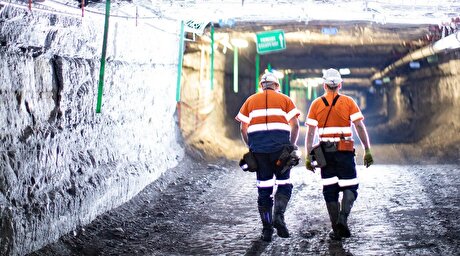
China’s Yulinde to Increase its Graphite Electrodes Capacity by Three Times
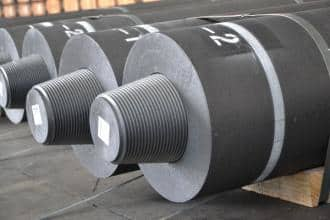
The company was established in 2012 and became a listed company in 2016. Recently our team visited YLD’s office in China and met its CEO Jiulin Chi (JC) to have a better understanding of a company’s business, expansion plans and Chinese GE and needle coke market. Here are the excerpts of the interview carried out with him.
1. What is the core business of YLD?
JC: We are into manufacturing of HP and UHP grade GE manufacturing of various sizes ranging from 250mm – 600mm and length 1,800/2,100/2,400mm that can be used in electric furnaces of 30 – 150 MnT and ladle furnace of 50 – 200 MnT. The company is equipped with German-based machines that can produce high diameter graphite electrodes. While 50% of the company’s products serve the domestic market, remaining 50% are sent to overseas market. YLD exports its GE to Iran, U.S., Russia, Italy and Korea and our customers include reputed brands such as Baotou Steel HBIS Steel, Tisco, Nisco to name a few.
2. Does the company have any capacity expansion plans?
JC: Yes we do have it. YLD imported and equipped the most advanced Germany's SGL fully-automatic machining line which can produce 400-800mm, 20,000 MT graphite electrodes per year, this line is only one and the best one in China.
YLD is equipped with 3500mt forming machine for big size and 2200mt forming machine for small size. Now we are installing/testing new 4100mm new forming machine and building new impregnation and channel baking line that can produce max size 700mm graphite electrodes and will take our capacity to 50,000 tonnes by 2019.
The company is also focusing on increasing its reach in the export markets of countries like Russia, South America, Ukraine, and Turkey. We have AMM Steel and Pan Korea as our sole agents for overseas sales.
3. Given the Needle Coke Shortage, how do you meet your raw material requirement?
JC: The needle coke (NC) manufactured by domestic producers in China is not suitable to produce high grade and large size graphite electrodes. For the production of GE of size below 500 mm, the domestic needle coke can be used, however, for sizes above this good quality needle coke is required which we majorly import. We usually secure needle coke supplies from Japan, UK, and PMC Tech Korea (a joint venture of POSCO Chemtech and Mitsbushi Chemical).
In November this year, we have signed a two-year needle coke supply agreement with Korea PMC Tech for 10,000 MT in 2019 and 12,000 MT in 2020. The NC supplies contracts this year have been booked at USD 4,500 to USD 4,700/MT and may vary depending upon the Chinese needle coke prices. In January last year we have booked needle coke contract from PMC Tech at the rate as low as USD 300/MT.
4. How are you expanding capacity despite various environmental regulations announced by the government?
JC: The regulations to control environmental pollution that was announced by the Chinese government last year were imposed on 26 +2 cities in which Datong city was not included and hence we are able to carry out our expansion plans. Also, new GE production is being planned in Inner Mangolia, Liaoning and other few provinces of China. In fact, three major GE producers, Fangda Carbon, Nanglom and Jilin Carbon are increasing their GE capacities by 140,000 and 50,000 and 50,000 tonnes respectively.
5. What is likely to be Chinese Needle Coke price scenario in future?
JC: Chinese mills are working hard to improve the quality of the needle coke and in fact, in last two years China’s NC quality has improved a lot. Both state-owned and privately-owned enterprises in China are planning to set up their needle coke plants. For eg: Baosteel and GTIL are planning to build needle coke plant with capacities of 50,000 each and by the end of next year, it is expected that their production will commence. In fact some other companies are also coming up with NC capacities. Thus is it expected that although in the first of 2019, NC supply market will remain tight, in the second half supplies will improve and thus needle coke prices may fall in H2 2019.
6. What is the scenario of the GE industry in China?
JC: According to me, China current GE capacity is 950,000 tonnes and its demand is about 700,000 tonnes. The percentage share of steel production via EAF route in China is about 9-10% whereas that from blast furnace route is about 90%. However, this percentage of EAF n steel production is likely to increase to 15% by 2020. In fact, many companies have replaced their blast furnaces with EAFs in 2017 after the government’s environmental regulations. By 2020, China’s GE demand will be increased by 200,000 tonnes while new capacities that will be added will surge the country’s total GE capacity to 1.4 MnT.
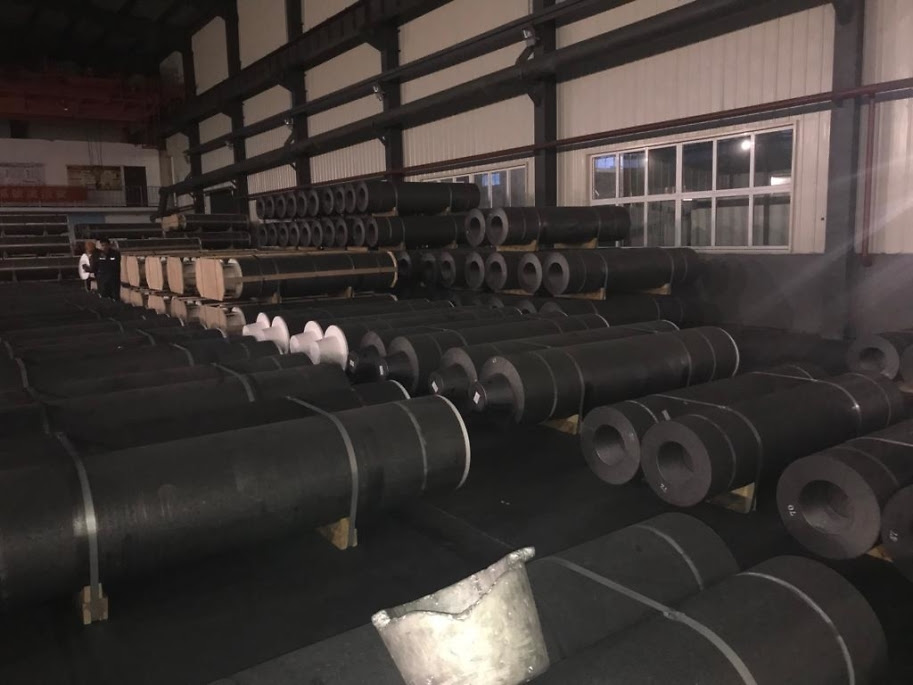
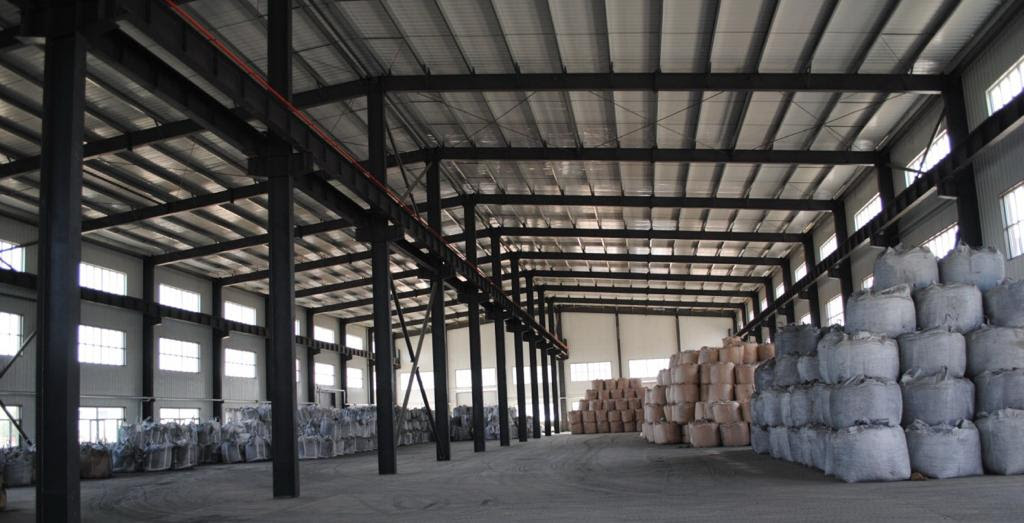
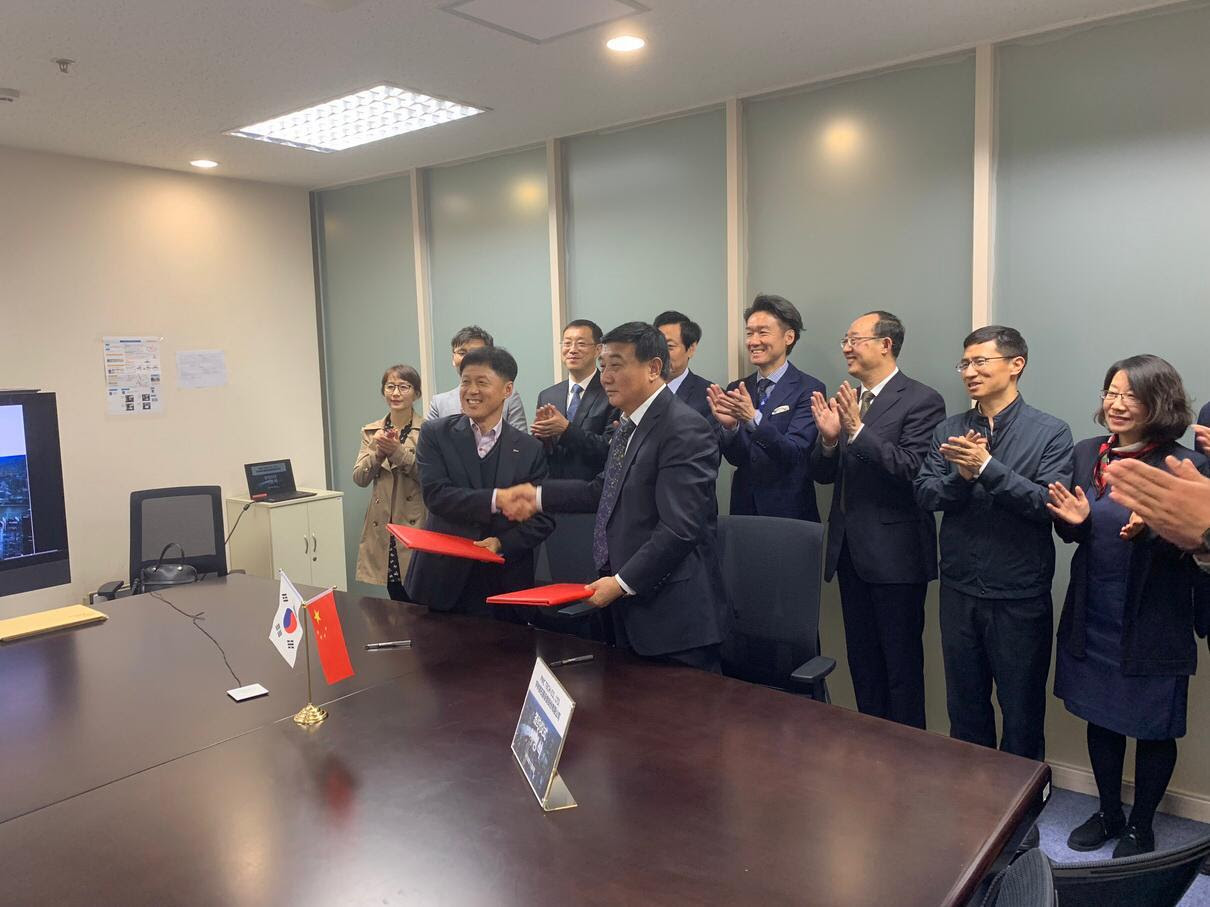
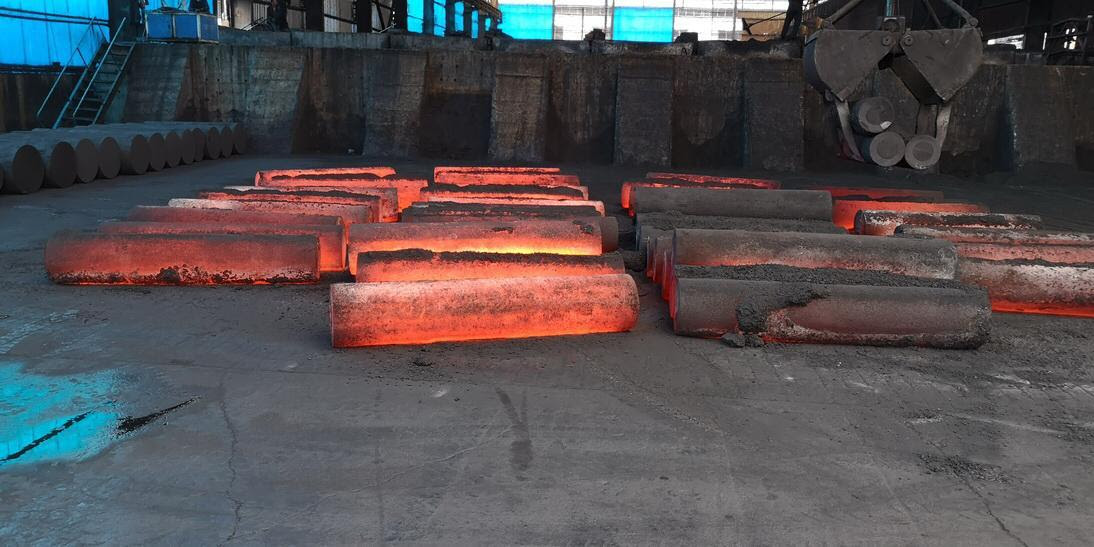
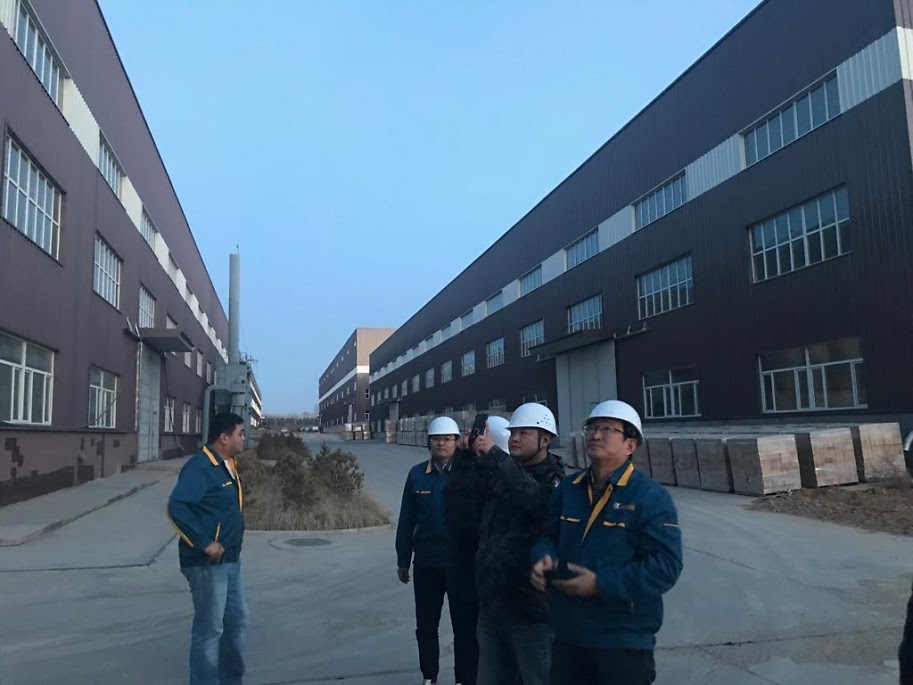


BHP, Vale accused of ‘cheating’ UK law firm out of $1.7 billion in fees
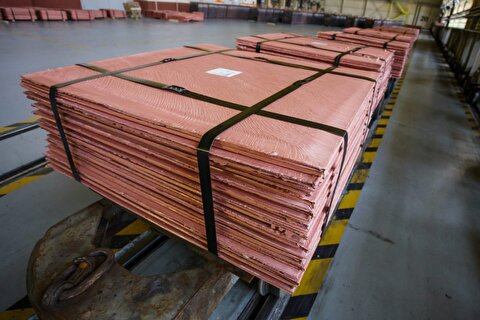
Trump tariff surprise triggers implosion of massive copper trade

Eldorado to kick off $1B Skouries mine production in early 2026

Newmont nets $100M payment related Akyem mine sale
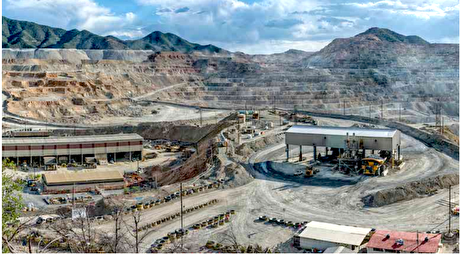
Southern Copper eyes $10.2B Mexico investment pending talks
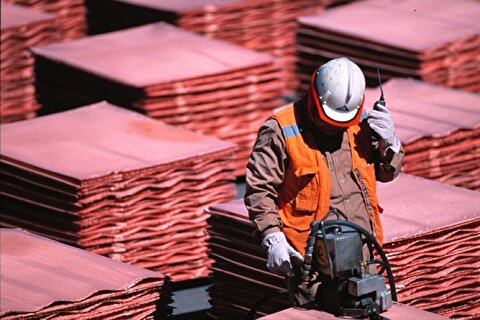
Copper price collapses by 20% as US excludes refined metal from tariffs

St Augustine PFS confirms ‘world-class’ potential of Kingking project with $4.2B value

Maxus expands land holdings at Quarry antimony project in British Columbia

First Quantum scores $1B streaming deal with Royal Gold

Caterpillar sees US tariff hit of up to $1.5 billion this year
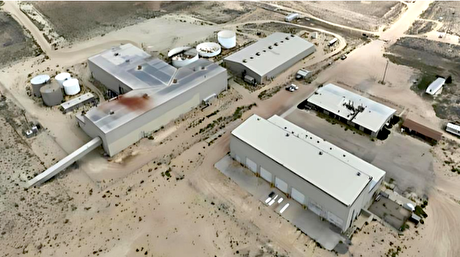
Uranium Energy’s Sweetwater plant on fast track for in-situ mining approval
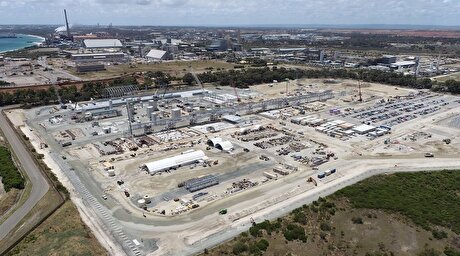
Tianqi Lithium Australia JV says it is prioritizing long-term viability of refinery

First Quantum scores $1B streaming deal with Royal Gold
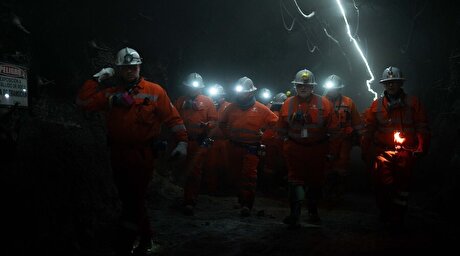
One dead, five missing after collapse at Chile copper mine

Eldorado to kick off $1B Skouries mine production in early 2026

Newmont nets $100M payment related Akyem mine sale
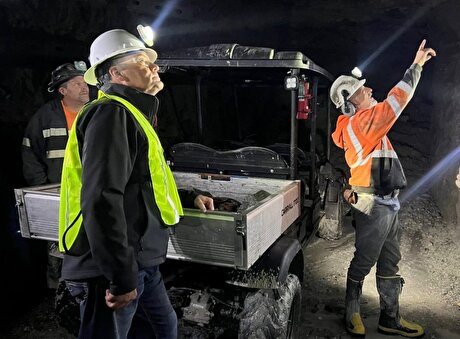
Idaho Strategic rises on gold property acquisition from Hecla

Goldman told clients to go long copper a day before price plunge

Gold price rebounds nearly 2% on US payrolls data

Caterpillar sees US tariff hit of up to $1.5 billion this year

Uranium Energy’s Sweetwater plant on fast track for in-situ mining approval

Tianqi Lithium Australia JV says it is prioritizing long-term viability of refinery

First Quantum scores $1B streaming deal with Royal Gold

One dead, five missing after collapse at Chile copper mine

Eldorado to kick off $1B Skouries mine production in early 2026

Newmont nets $100M payment related Akyem mine sale

Idaho Strategic rises on gold property acquisition from Hecla

Goldman told clients to go long copper a day before price plunge














